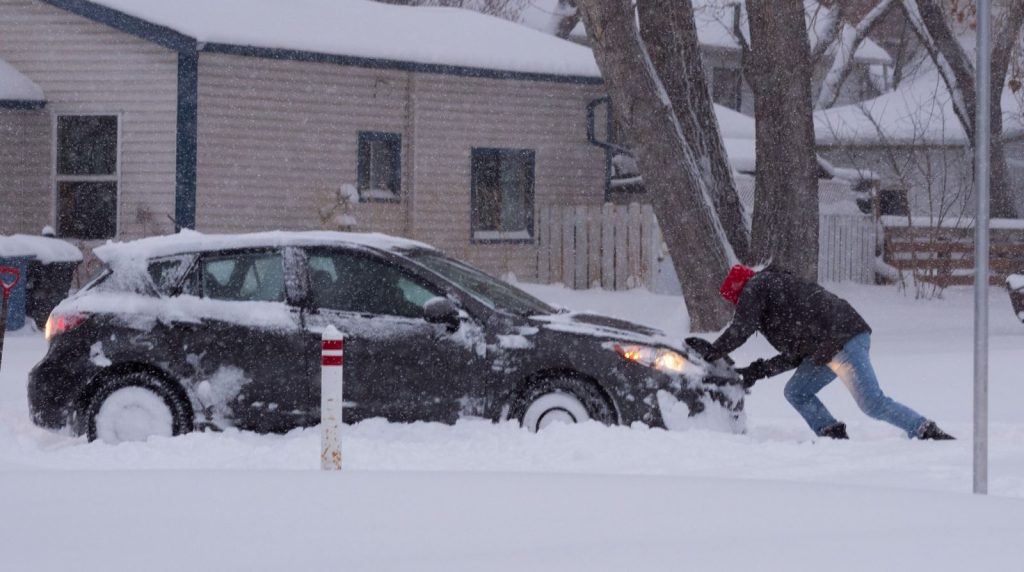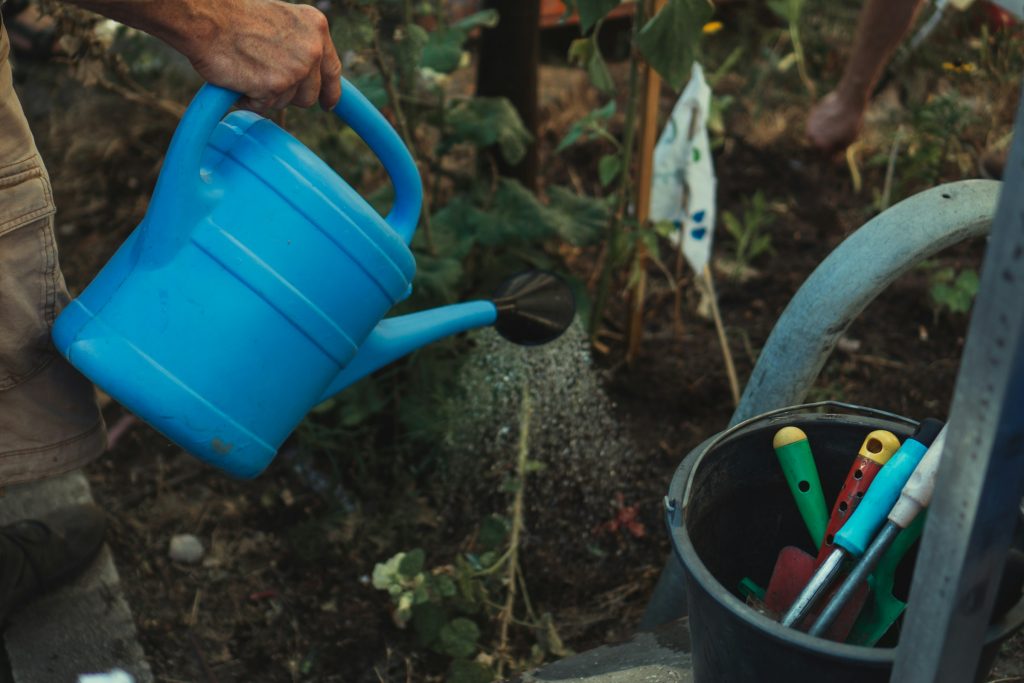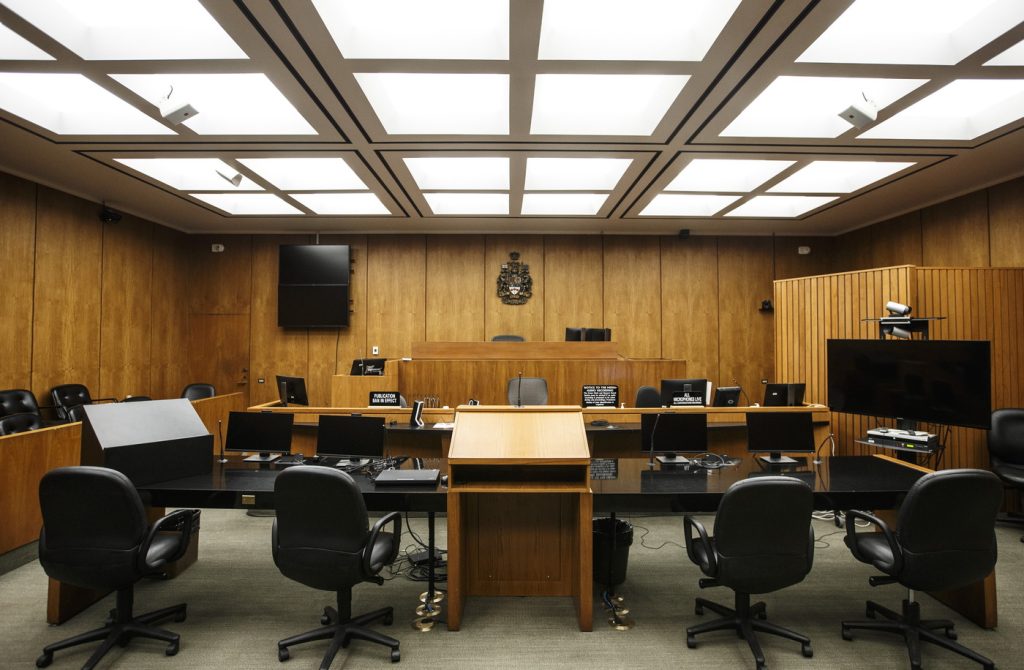Calgarians advised to prepare for the winter season’s risks and hazards

Posted Nov 6, 2022 1:16 pm.
Last Updated Nov 6, 2022 2:02 pm.
As the winter wonderland approaches once more, emergency workers are advising people to be wary of winter-related risks and hazards.
Emergency Management & 911 says severe winter weather including blizzards, extreme cold, and winter storms are considered some of the foremost risks that impact Calgary.
They also pose a potential threat to the safety of Calgarians, especially to those who are vulnerable as extreme and frigid weather can result in the loss of heat, and electricity, breakdown of communication services, traffic collisions, travel delays, and supply shortages. structural damage to buildings including roofs collapsing and more, according to a municipal release.
For example, on average Calgary police say 60 collisions happened during a blizzard in 2017 with wind gusts of 90 km/h.
“Calgary is a winter city, and if anyone doubts it, look outside your window today! We have experienced winter storms and extreme cold before and are well-prepared. We would ask Calgarians to check in on their own household winter safety precautions, and make sure you pack a winter emergency car kit with extra clothes, blankets, and candles,” said Chief of Emergency Management & 911, Sue Henry.
Read More:
-
Snowfall warnings issued for Banff, Jasper
-
Calgary drivers adjust to winter conditions
-
Calgary snowfall warning ends, cleanup continues
Henry adds that it’s not a good idea to be a bystander and to look out for others in harsh weather, including offering a helping hand to neighbors and loved ones, and relying on the city’s Downtown Outreach Addictions Partnership (DOAP) team if you’re concerned that someone is in need of assistance or require a warm shelter for the night.
Here is a list of handy tips for preparing for winter storms so you can remain safe and warm:
- Install storm shutters
- Have your utility provider or licensed plumber inspect your pilot light on the hot water heater tank based in case it’s snuffed out (Not required for tankless units) as wait times for emergency power outages can be lengthy in winter
- Clean the gutters so it’s free of leaves, debris, and other remnants which can result in a safety hazard like basement flooding from the snow meltwater
- Check your roof for damage
- Ensure proper insurance in walls, windows, and attic so they’re energy-efficient as this can affect your utility bills
- Check furnace or exhaust vents to ensure snow or ice are not blocking them – this can result in carbon monoxide poisoning
- Use portable, electric space heaters
- Prepare your vehicle(s) for winter by getting a qualified, expert mechanic to inspect and diagnose any problem with your vehicle alongside these quick tips: installing a set of winter tires, check up for the battery, electronics, fluids, thermostat, lights and brakes
- Stash an emergency kit in your vehicle with extra clothes including toques and gloves, blankets, candles with matches, food, water, standard first aid supplies, a whistle, a battery-powered flashlight (with extra batteries) small shovel, an ice scraper, and a snowbrush and course battery booster cables in case your vehicle’s battery goes kaput in an emergency
- It’s best practice to keep your vehicle’s gas tank at least half full at all times
- Have enough cold and flu medication and it’s recommended you get the flu shot
- Always keep a supply of rock salt to melt ice on walkways
- If you’re planning to commute during a winter storm it’s also advised you avoid remote areas, notify others about your whereabouts including departure and arrival time and opt for public transportation to avoid driving in bad road conditions, dress in layers and if you experience symptoms of frostbite or hypothermia it’s good to get medical attention or call 911
For those hoping to stay safe during their daily commute follow these tips:
- Check out the Road Conditions map and depart later after the roads clear up
- Clean snow and ice off your vehicle and always ensure your headlights are also clear
- Leave extra early to reach your destination on time
- Drive cautiously by reducing your speed and running on your high-beam headlights in more severe weather
- Always leave extra distance between your vehicle and any construction workers, snow removal equipment or other vehicles
Listen live for weather updates after traffic every 10 minutes on the ones. You can also follow us on Twitter @CityNewsCalgary and @CityNews660 or subscribe to breaking news alerts sent directly to your inbox.
Be prepared for unpredictable weather and winterize your vehicle’s emergency kit. Include:
✔️ an ice scraper and small shovel
✔️ sand or gravel
✔️ extra clothing and footwear
✔️ booster cablesFor more tips, visit https://t.co/HxOrrRl3xn pic.twitter.com/Stmwzvu13H
— Alberta Government (@YourAlberta) November 3, 2022








